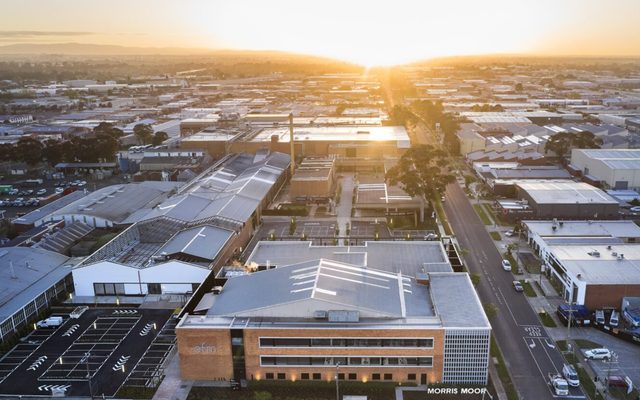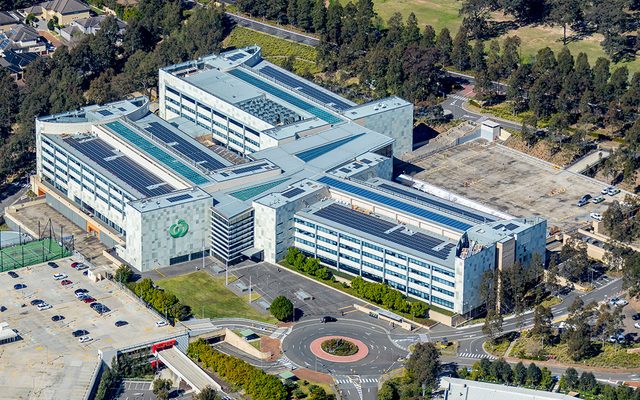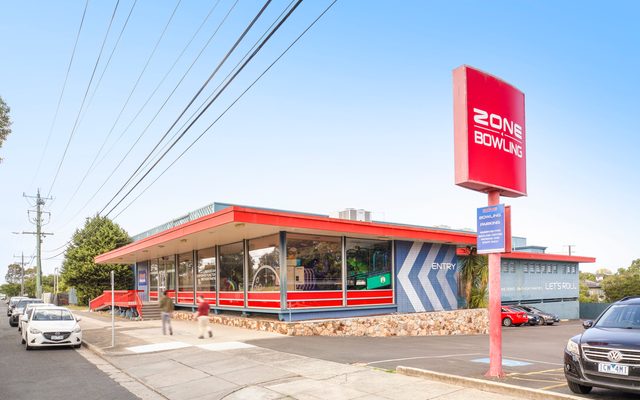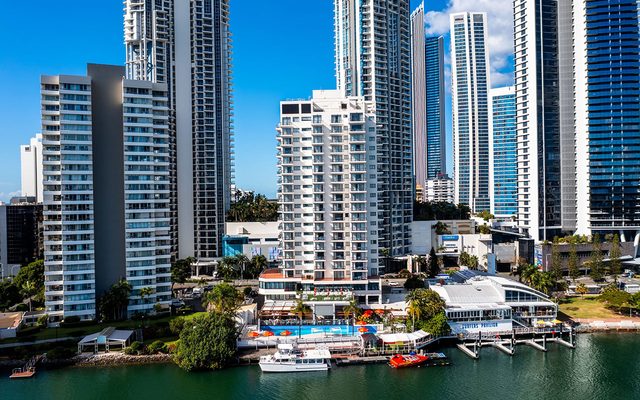This article is from the Australian Property Journal archive
COMMERCIAL real estate transactions across Australia were slashed nearly by half during 2020 as the pandemic rocked the retail and office markets.
The inaugural Australia Capital Trends report from Real Capital Analytics showed that 2020 volumes slumped by 44% from a record 2019, down to $27.6 billion.
The December quarter saw drop 54% compared with a year prior to $8.8 billion.
“With Australia’s success in containing COVID-19 we could have hoped for some improvement in deal activity through the year but the fourth quarter was especially weak. There were some bright spots in the market but overall it was a disappointing year for Australia,” David Green-Morgan, RCA’s managing director for Asia Pacific, said.
Annual activity fell the most in the office sector, down 59%, and retail sector, by 56%.
Investment in industrial properties picked up due to increased interest in data centres – Centuria picked up Telstra’s Melbourne complex for a record $416.7 million – and logistics facilities, reflecting a trend seen across major Asia Pacific markets.
Spurred by e-commerce and logistics trends accelerated by the COVID-19 pandemic, 2020 saw industrial asset transaction volumes in Australia outpace office deals for the first time in almost 10 years, and global investment in the industrial sector overtook retail for the first time.
Sydney’s office market remained the most popular market by transaction volumes, despite totals being slashed by more than two-thirds to $4.763 billion. Sydney industrial was next, up 39% to $4.316 billion, while Melbourne office was third, down 39% to $3.108 billion, followed by Melbourne industrial at $1.97 billion.
Retail transactions were down heavily in most markets. Despite the weakness in retail investment, pricing Melbourne and Sydney remained broadly stable for the time being. Weakening pricing was seen in Perth and Gold Coast.
Investment into full-service hotels plunged to levels below those seen at the depths of the global financial crisis.
According to RCA, alternative subsectors that saw surges in activity included student housing, up 282% thanks to Scape’s $2.1 billion acquisition of the Urbanest student housing portfolio, medical offices, up 269%.
Demand for pubs and convenience retail held up better than the broader market.
Despite the challenges of concluding overseas deals during the pandemic, Singaporean investors largely kept pace with their spending in previous years, with sovereign wealth fund GIC particularly active, and Ascendas REIT and Keppel REIT also making acquisitions.
European investors upped their activity – helped by the Scape acquisition – while investment from US and Canadian players “all but evaporated” in 2020. Benjamin Chow, RCA’s analytics manager for Asia Pacific, said that not only have US investors dialled down their acquisitions in Australia, but they have been actively selling.
German investors, conversely, have been picking up office, logistics and student housing properties. Deka Immobilien forked out about $450 million for a Melbourne office building at 452 Flinders Street.




